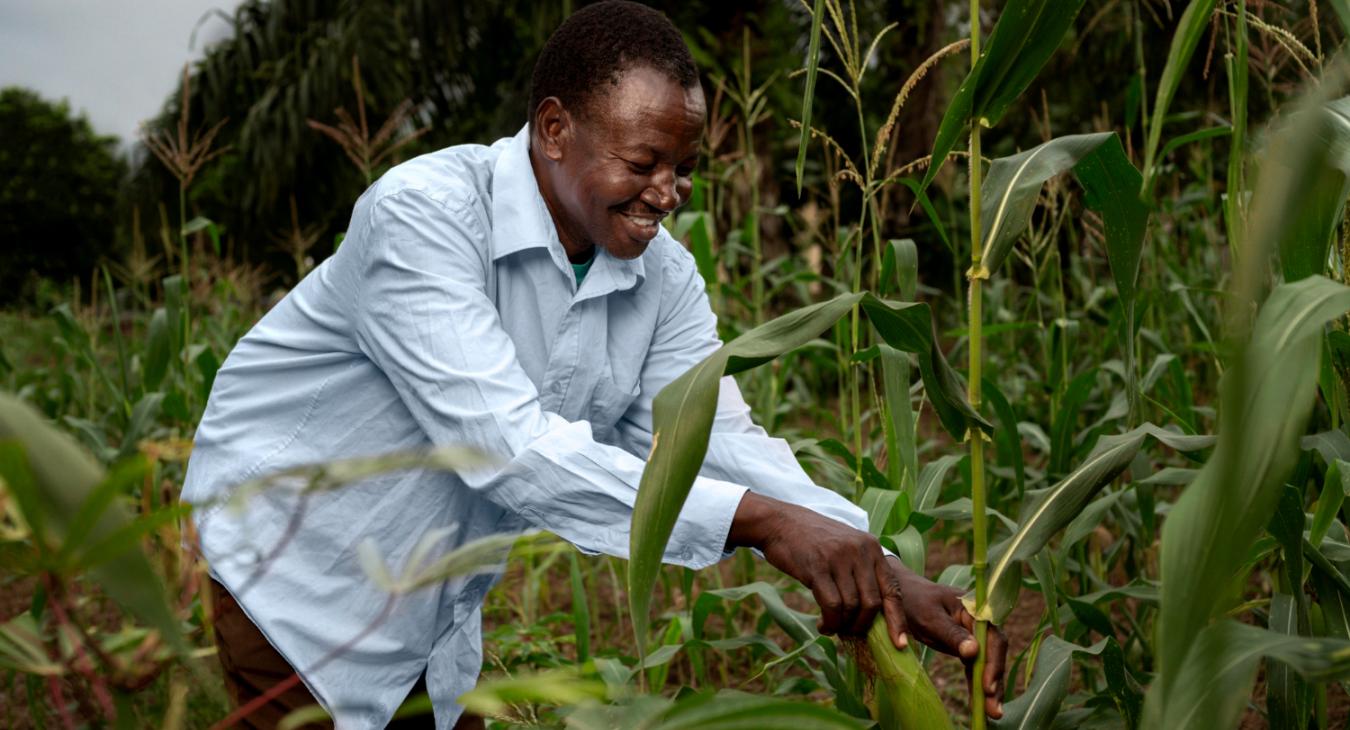The extensive use of chemicals in Ghana's food production has raised concerns due to potential health risks associated with their usage. The widespread adoption of inorganic agrochemicals, including fertilizers, pesticides, and hormones, has aimed to boost productivity, preserve food quality during storage, enhance nutritional value, improve texture and appearance, and extend shelf life. However, recent findings indicate that these practices may pose significant threats to human health and the overall safety of the food supply chain.
A comprehensive analysis of the entire food production value chain has revealed that certain inorganic chemicals present health risks when used at specific levels. This revelation has spurred a call to identify, analyze, and mitigate the potential dangers of chemical usage in the country's food production systems.
DARAP study
Titled “Chemical Usage in Farming and Food Safety in Ghana,” the study focuses on analyzing the types and levels of chemicals used over time, why they are used, the farmers’ knowledge and perceptions of their safety, the farmers’ skills and methods in their use, and the implications of all these for food safety and quality. The research also documents the evolving patterns of chemical application, assessing both the benefits and dangers to food systems, as well as their implications for climate change mitigation and adaptation.
Prof. Saa Dittoh of the University for Development Studies, the lead researcher, emphasizes the importance of evaluating previous interventions by stakeholders. “This is an important topic that matters to the lives and wellbeing of Ghanaians. I believe the findings will be valuable for decision-makers and actors, and the agriculture value chain as a whole,” he says.
Significantly, the analysis spans all major food groups – cereals, roots and tubers, fruits and vegetables, livestock, and fish, as well as the mediums in which these foods are produced, primarily the soil and water.
Expected outcomes
The study's findings will serve as a foundation for identifying key policy options, barriers, and enablers related to chemical usage in Ghana's food production. Moreover, it will outline actionable interventions to address the negative impact of chemicals on food safety and human health, fostering a sustainable and healthier future for all Ghanaians.
The study “Chemical Usage in Farming and Food Safety in Ghana” is implemented under the third objective of the DARAP project, which aims to create knowledge products as input into policy advocacy and influence.

